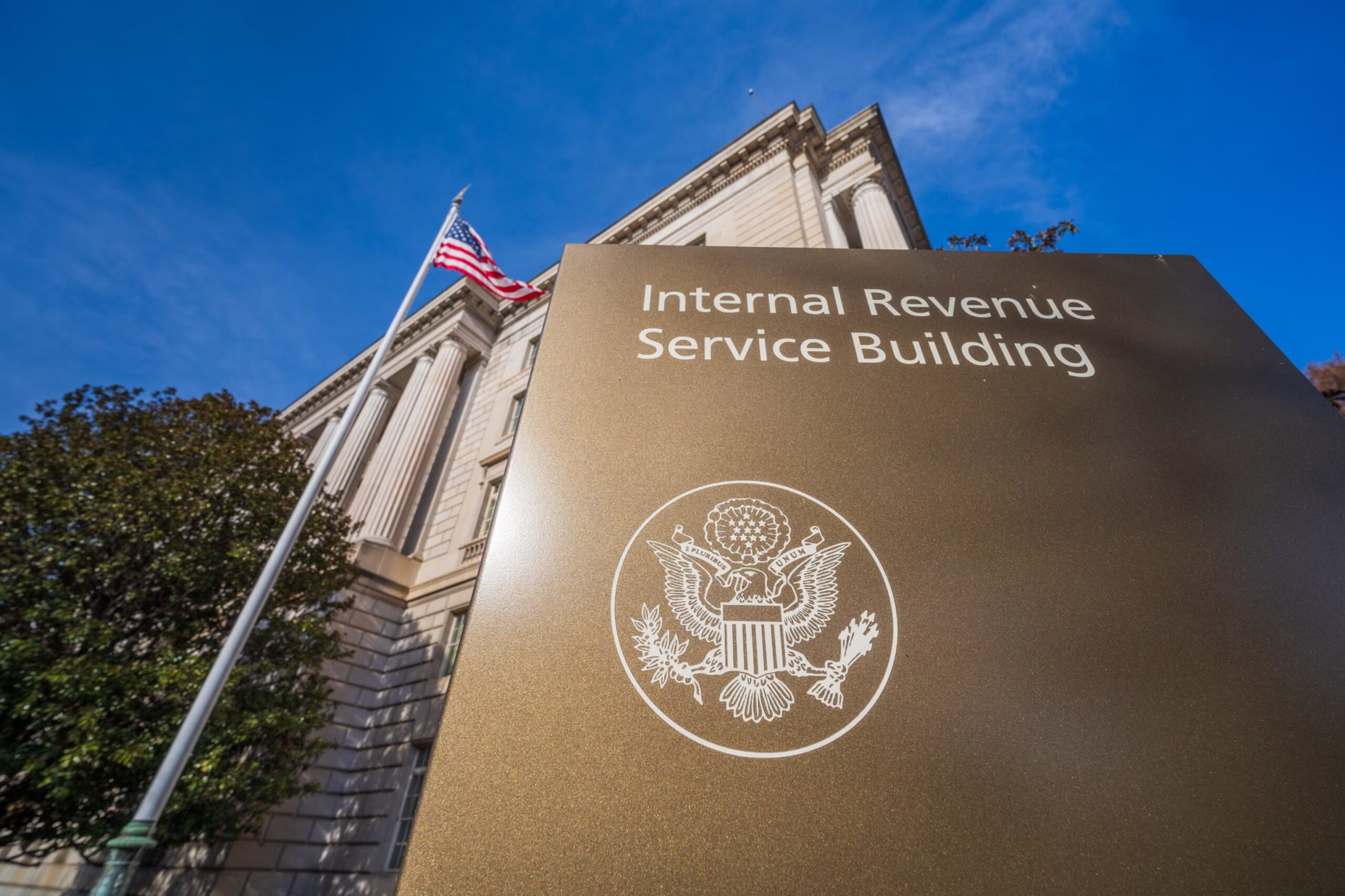
The United States Internal Revenue Service (IRS) is preparing for a surge in cryptocurrency-related tax crime cases this year, coinciding with the April 15 tax filing deadline for U.S. citizens. Guy Ficco, the chief of IRS criminal investigations, shared insights into the evolving landscape of tax evasion and fraud at the recent Chainalysis Links event in New York.
Escalating Crypto-Related Tax Crimes
Ficco highlighted the shift in the nature of crypto-related criminal activities, noting an increase in cases specifically tied to tax violations. Traditionally, cryptocurrencies have been associated with financial crimes like scams and money laundering, but there is now a significant rise in tax evasion cases directly linked to crypto transactions.
- Increase in Title 26 Cases: The IRS is seeing more cases where individuals deliberately avoid paying taxes through deceitful means. Title 26 of the tax code deals with these offenses.
- Types of Tax Crimes: These range from failing to report income from cryptocurrency transactions to manipulating the tax basis of digital assets.
IRS and Chainalysis Partnership
To combat the complexities of tracing crypto transactions, the IRS has teamed up with Chainalysis. This collaboration aims to leverage the firm’s advanced blockchain analysis tools to track down tax evaders more effectively.
- Enhanced Tracing Techniques: IRS agents are employing sophisticated methods to trace and track the movement of cryptocurrencies.
- Integration of External Expertise: The partnership with Chainalysis equips IRS with cutting-edge technology tailored for the crypto environment.
Filing Cryptocurrency Taxes: Guidelines and Tips
Ficco also provided practical advice for U.S. citizens on how to correctly file their taxes concerning cryptocurrency transactions, emphasizing the importance of accurate reporting to avoid legal consequences.
- Understanding Asset Basis: Know the purchase value of your cryptocurrency and report gains or losses based on this basis.
- Reporting Gains: If a cryptocurrency is purchased at one price and sold at a higher price, the gain must be reported as taxable income.
Recent Enforcement Actions
The IRS has intensified efforts to pursue those who have previously underreported or lied about their crypto-related earnings. For instance, on February 6, Frank Richard Ahlgren III was indicted by a federal grand jury for failing to report over $4 million in Bitcoin gains.
- Legal Consequences: Non-compliance can lead to severe penalties, including hefty fines and possible jail time.
- Case Studies: The indictment of individuals like Ahlgren serves as a stern reminder of the IRS’s commitment to enforcing tax laws in the cryptocurrency sector.
As the IRS ramps up its monitoring and enforcement efforts, U.S. taxpayers involved in cryptocurrency transactions must remain vigilant about their tax obligations. The growing partnership between the IRS and technology firms like Chainalysis signifies a new era of enhanced scrutiny and advanced investigative techniques in the realm of cryptocurrency.
Featured image credit: J. David Ake via Getty Images
